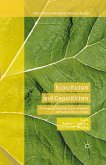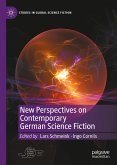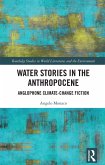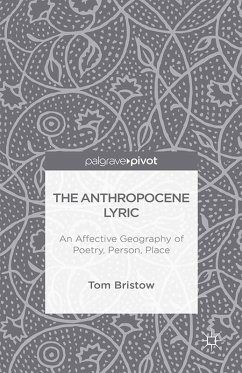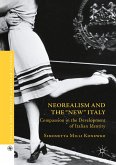This book offers essays on both canonical and non-canonical German-language texts and films, advancing ecocritical models for German Studies, and introducing environmental issues in German literature and film to a broader audience. This volume contextualizes the broad-ranging topics and authors in terms of the Anthropocene, beginning with Goethe and the Romantics and extending into twenty-first-century literature and film. Addressing the growing need for environmental awareness in an international humanities curriculum, this book complements ecocritical analyses emerging from North American and British studies with a specifically German Studies perspective, opening the door to a transnational understanding of how the environment plays an integral role in cultural, political, and economic issues.
Dieser Download kann aus rechtlichen Gründen nur mit Rechnungsadresse in A, B, BG, CY, CZ, D, DK, EW, E, FIN, F, GR, HR, H, IRL, I, LT, L, LR, M, NL, PL, P, R, S, SLO, SK ausgeliefert werden.



